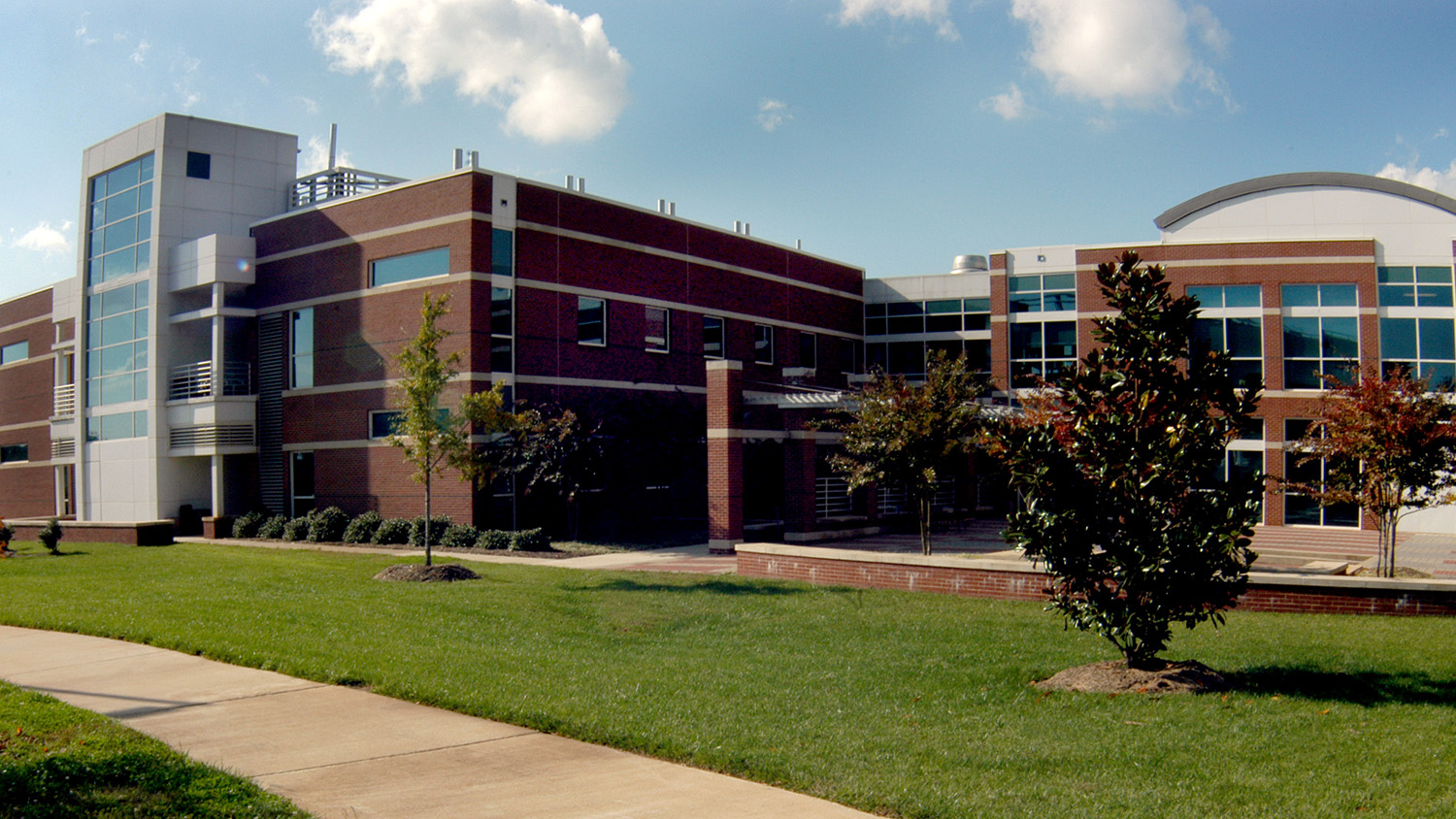
Facilities
NC State University is a premier research university committed to excellence in teaching, research and service to the larger community.
NC State University and the Research Triangle Park
North Carolina State University is a land-grant institution, home to more than 40 Centers and Institutes, and leader of seven federal research hubs that address key issues of importance to the nation, including Toxicology and Environmental Health Science.
NC State University is located in Raleigh, North Carolina, just 15 miles from Research Triangle Park, one of the most prominent telecommunications, environmental health, pharmaceutical, and biotechnology research centers in the United States. Recognized internationally as a center for cutting-edge research and development, the 7,000-acre Research Triangle Park is the largest research park in the United States, and is home to over 140 private and government organizations with 42,000 full-time employees.
NC State Toxicology Program
Located in a dedicated 59,999 square foot building on NC State University’s Centennial Campus, the Toxicology Program is a prime example of NC State’s commitment to collaborative research and a national model for public-private research partnerships. Research at NC State is enhanced by strong relationships with regional academic, government, and industry partners such as the University of North Carolina at Chapel Hill (UNC-CH), Duke University, North Carolina Central University, National Institutes of Environmental Health Sciences, Environmental Protection Agency, and RTI International.
Research Facilities
The Toxicology Building serves as the nexus of Toxicology/EHS research at NCSU. Trainees benefit from a cohesive hub where toxicology courses are taught, weekly toxicology seminars take place, and students formally and informally interact. The laboratory wing has extensive laboratories for molecular, cellular, population based and environmental toxicology research as well as rodent and fish facilities. Laboratories for individual faculty are augmented by multipurpose, special-purpose, and common-equipment rooms.
Toxicology and Environmental Health research at NC State is additionally supported through extensive university-level infrastructure and user facilities including:
- Molecular Education, Technology and Research Innovation Center which provides support with mass spectrometry (proteomics, lipidomics, metalomics small molecule, mass spec imaging), magnetic resonance (NMR and EPR), and X-Ray crystallography
- Genomic Sciences Laboratory which currently provides sequencing and genomics services
- Cellular and Molecular Imaging facility which serves as a resource for advanced optical microscopy
- Histology Laboratory/Comparative Pathology Core located within NC State’s College of Veterinary Medicine
- Biological Resources Facility (BRF) which provides centralized sites for the humane care of research animals governmental agencies under conditions required by local and federal regulatory agencies
- Flow Cytometry and Cell Sorting facility at NC State’s College of Veterinary Medicine provides instrumentation and assistance with multi-parameter flow cytometry analysis and cell sorting.
- Bioinformatics Research Center which provides research at the intersection of biology, statistics, and computer science. BRC computing cluster provides compute nodes with modern computational power and a wide range of RAM for maximum flexibility
- NC State Libraries provide space for students, faculty, and partners to immerse themselves in interactive computing, multimedia creation, and large-scale visualization—tools that are enabling revolutionary ways to see and use information
- Comparative Medicine Institute develops, fosters, and assists multidisciplinary teams focused on translating basic research and scientific discovery into clinical/societal applications that improve the health of animals and humans. The Institute supports interactions between clinical and basic research groups within the university community by developing mechanisms that encourage and facilitate collaborations in Emerging and Infectious Diseases, Functional Tissue Engineering and Translational Pharmacology & Physiology
Teaching Facilities
In addition to our excellent research laboratories, the Toxicology Building maintains a 120-seat auditorium where we hold our classes and host numerous workshops and local/regional conferences, and two state-of-the-art conference rooms with teleconferencing capabilities.